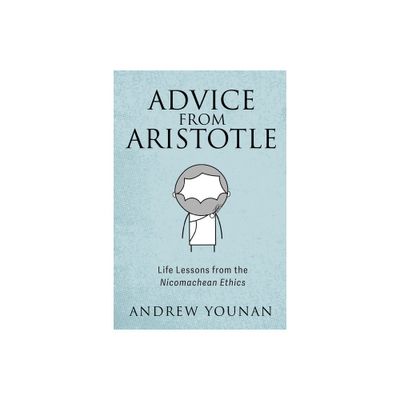Home
Science and Religion, 400 B.C. to A.D. 1550: From Aristotle to Copernicus
Loading Inventory...
Barnes and Noble
Science and Religion, 400 B.C. to A.D. 1550: From Aristotle to Copernicus
Current price: $87.00


Barnes and Noble
Science and Religion, 400 B.C. to A.D. 1550: From Aristotle to Copernicus
Current price: $87.00
Loading Inventory...
Size: OS
*Product Information may vary - to confirm product availability, pricing, and additional information please contact Barnes and Noble
Many people believe that during the Middle Ages, Christianity was actively hostile toward science (then known as natural philosophy) and impeded its progress. This comprehensive survey of science and religion during the period between the lives of Aristotle and Copernicus demonstrates how this was not the case. Medieval theologians were not hostile to learning natural philosophy, but embraced it. Had they had not done so, the science that developed during the Scientific Revolution would not—and could not—have occurred. Students and lay readers will learn how the roots of much of the scientific culture of today originated with the religious thinkers of the Middle Ages.
Science and Religion, 400 B.C. to A.D. 1550
thoroughly covers the relationship between science and religion in the medieval period, and provides many resources for the student or lay reader. The book discusses how the influx of Greek and Arabic science in the 12th and 13th centuries— especially the works of Aristotle in logic and natural philosophy—dramatically changed how science was viewed in Western Europe. The volume demonstrates how medieval universities and their teachers disseminated a positive attitude toward rational inquiry and made it possible for Western Europe to become oriented toward science.
Science and Religion, 400 B.C. to A.D. 1550
thoroughly covers the relationship between science and religion in the medieval period, and provides many resources for the student or lay reader. The book discusses how the influx of Greek and Arabic science in the 12th and 13th centuries— especially the works of Aristotle in logic and natural philosophy—dramatically changed how science was viewed in Western Europe. The volume demonstrates how medieval universities and their teachers disseminated a positive attitude toward rational inquiry and made it possible for Western Europe to become oriented toward science.


















